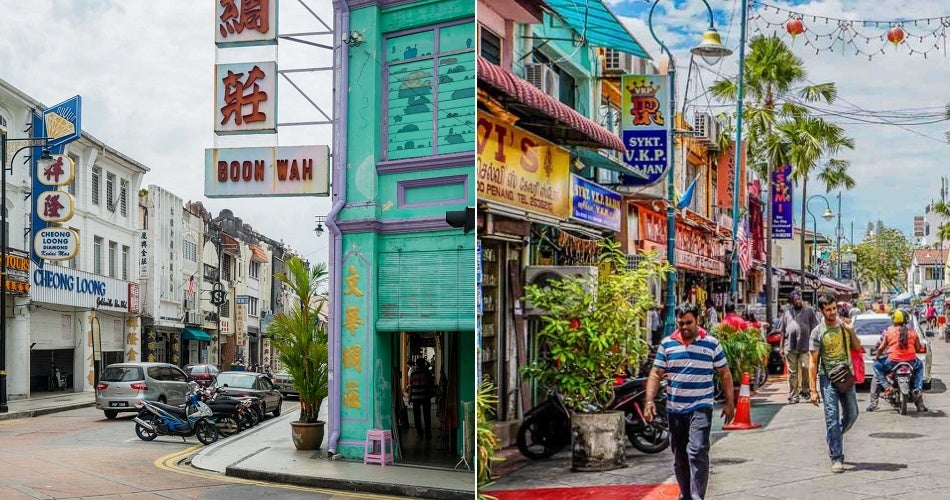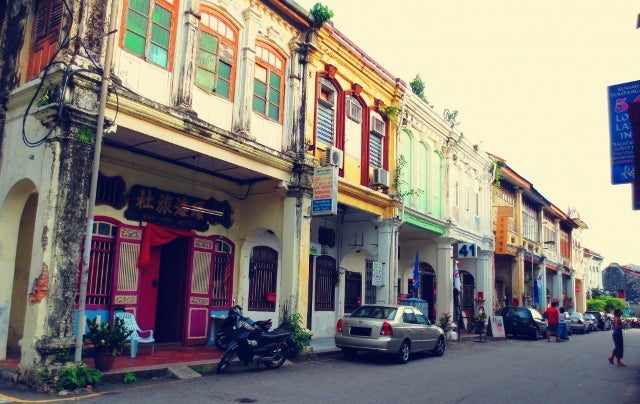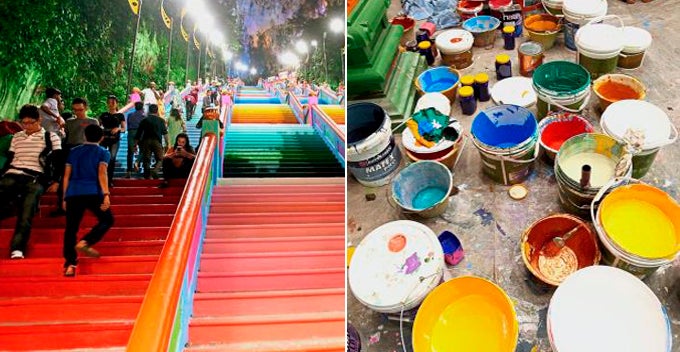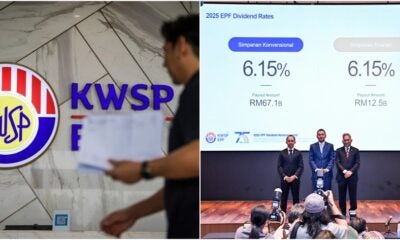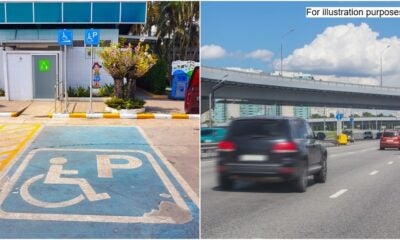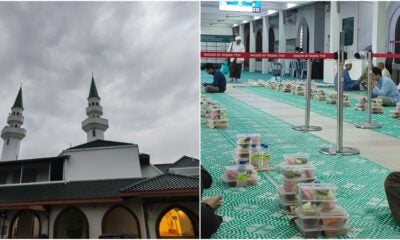Penangites, it’s time to rejoice because this news may just be the highlight of your day.
The popular island’s capital city was just selected to participate in two heritage pilot projects by Unesco and it’s the only Asian city to have been chosen for this project. Woohoo!

According to the Malay Mail, Unesco Jakarta Cultural Unit Head Moe Chiba revealed in a press conference that the other two chosen cities for these projects were in Africa and Latin America.
FYI, the press conference was held after the opening of an International Conference on Managing Urban Cultural Heritage 2018 in Georgetown, Penang.
Moe Chiba shared that the city is known for being efficient in projects like these. She was quoted as saying,
“We want these projects to succeed, that’s why we chose Georgetown.”
So, the two projects that the UN agency will be rolling out are:
1. Intangible cultural heritage
They will first work on the inventory of the “tangible cultural heritage” in these heritage cities. Moe Chiba explained that drawing an inventory is very important because here is where the community will be involved in the project. She continued,
‘The project will approach the local community to do an inventory of the intangible cultural heritage in the city, it will be a community-led project.”
“It will utilise the local communities so that they can tell their own stories and focus on what the local people consider as important.”
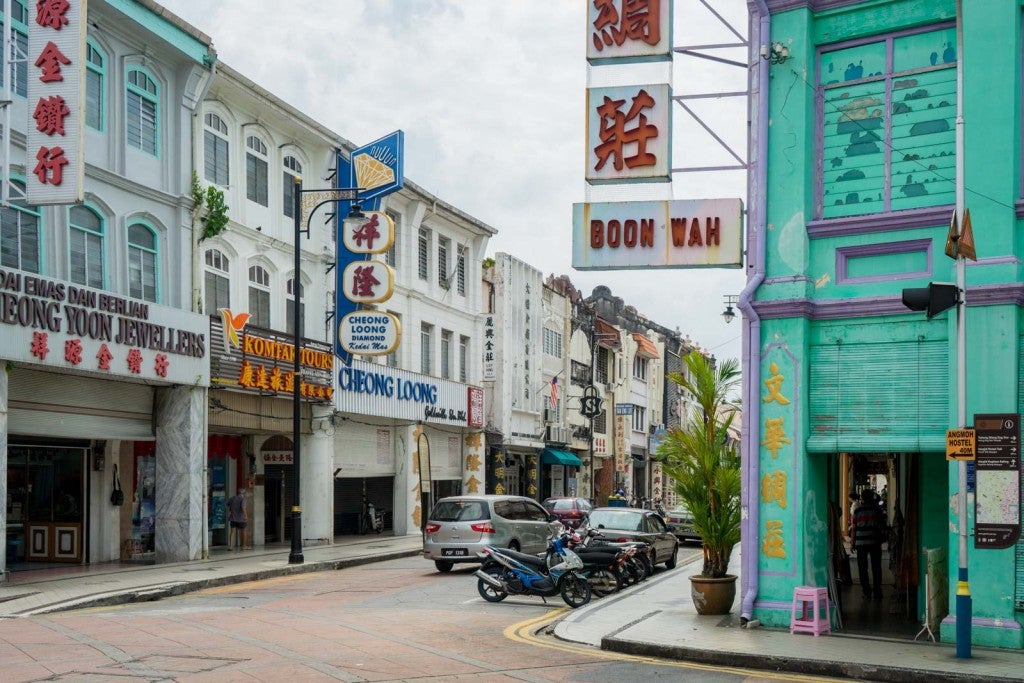
Source: time travel turtle
2. Developing local industries in world heritage sites
After that, they will figure out ways to develop the local industries in world heritage sites. Moe Chiba said that this project wants to bring in all heritage parties like, museums, creative centres, local artisans, heritage practitioners and site managers to create a plan for a better livelihood within these heritage cities.
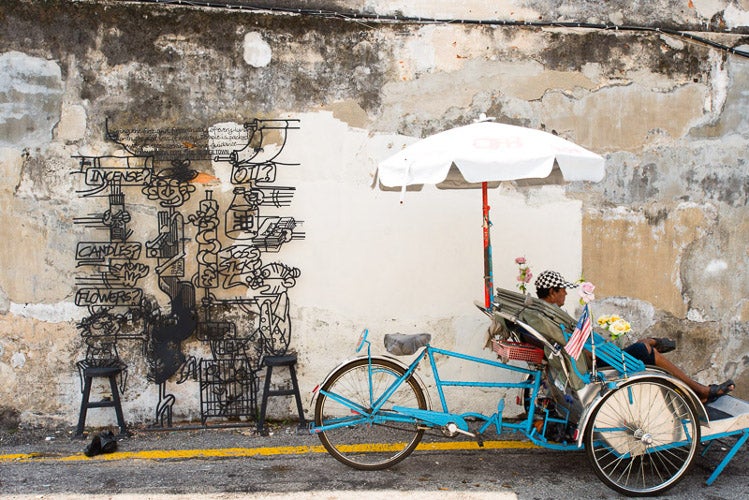
Source: lonely planet
In addition to the abovementioned projects, there will also be another community-driven project whereby stakeholders, museums and communities will be rallied in to participate in it.
“What we want is some coherence between the industries within the heritage zone, because we noticed in some sites, not necessarily in Georgetown, where the local industries and artisans do not cooperate with the site managers,” she said.
For instance, Moe Chiba said there were souvenir shops that sold items like cheap toys and souvenirs, which made no sense to the heritage sites.
Hence, she feels that an action plan is needed to help the local livelihood of the industries in these heritage sites to prosper and to ensure that the products and services they sell are within the heritage guidelines and requirements.
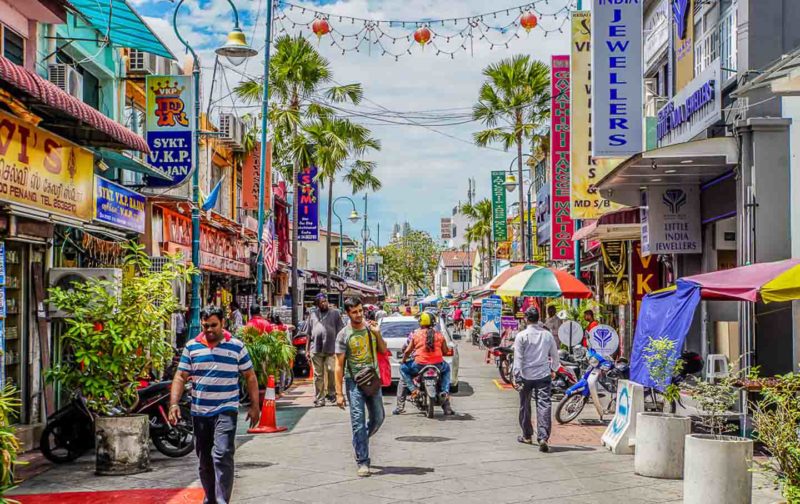
Source: karvanik
That said, we hope that Unesco will succeed in these projects and bring better livelihood for the people within these heritage sites. All the best, Unesco!
What are you expecting to see from these projects by Unesco? Let us know in the comments below!
Also read: Batu Caves Risks Getting Removed From Heritage Site List After Paint Job Deemed Illegal

